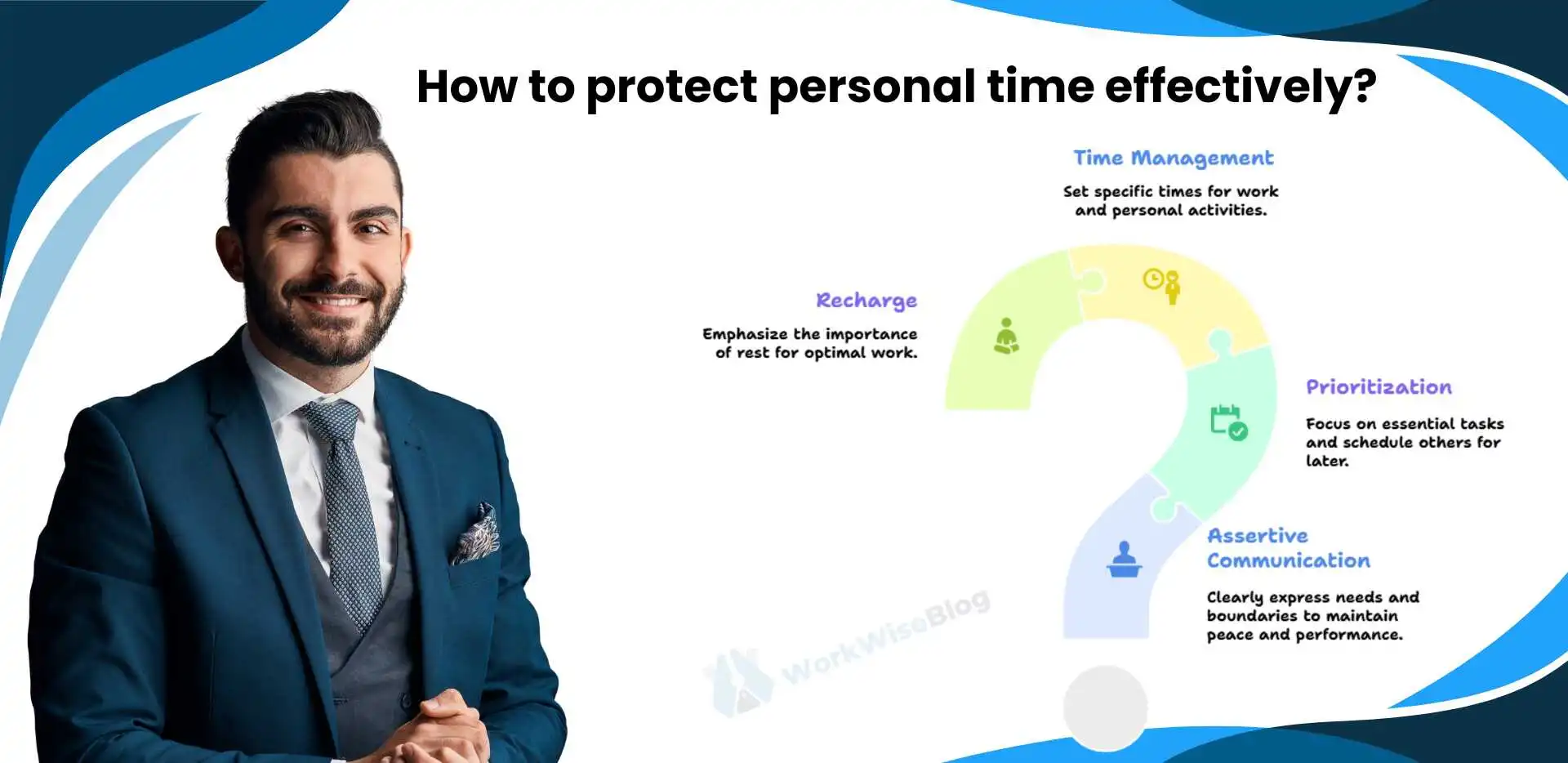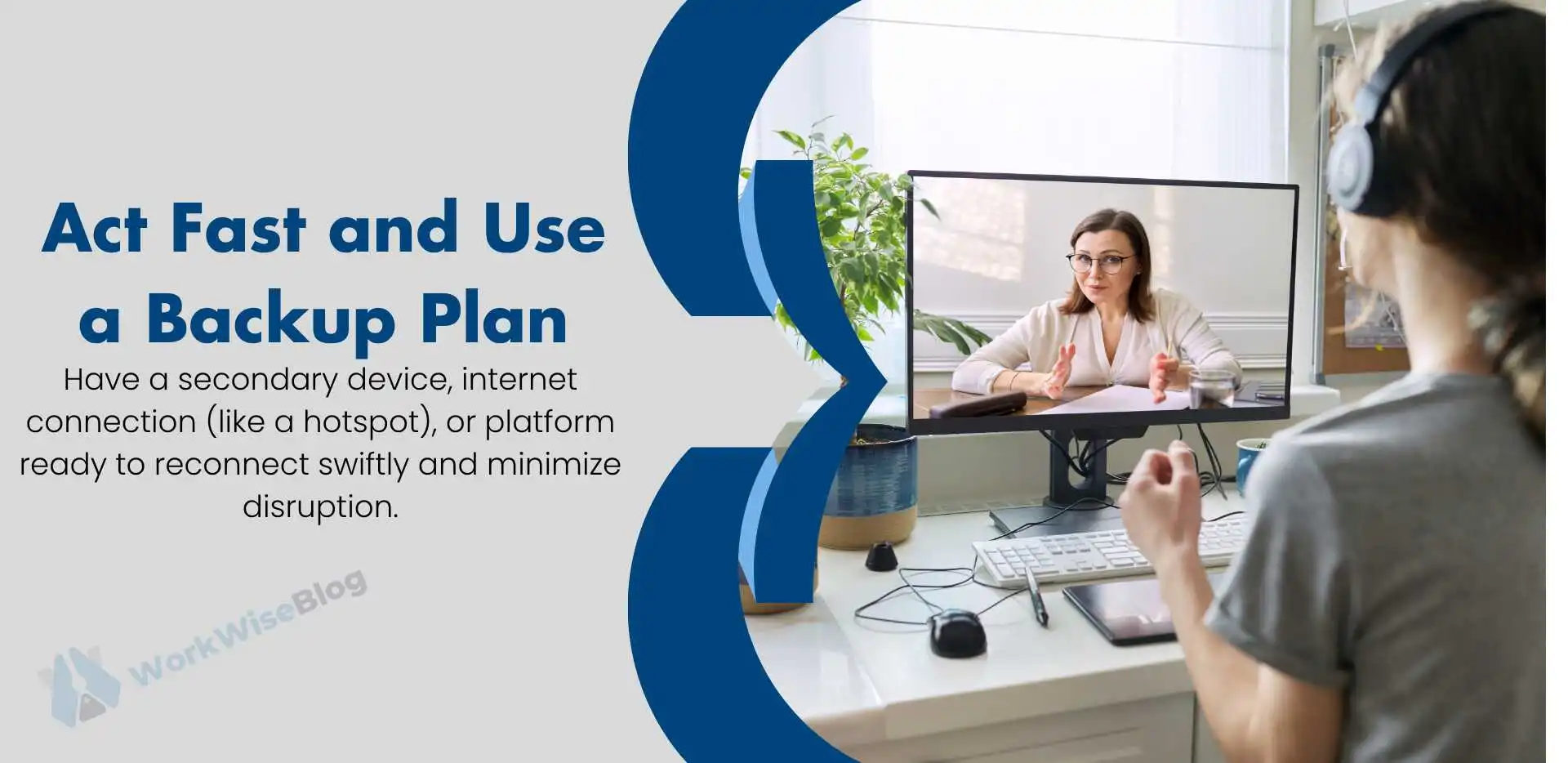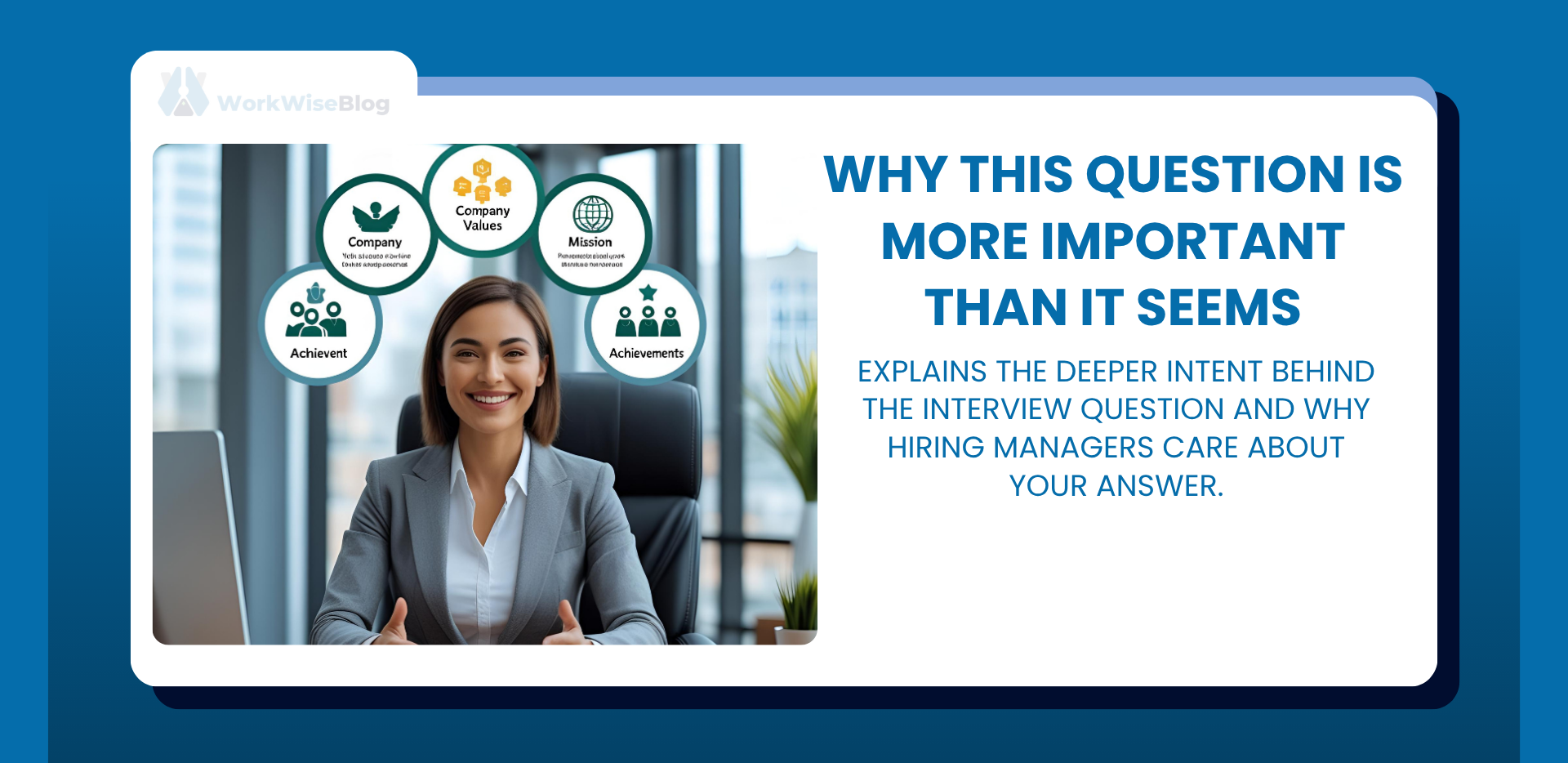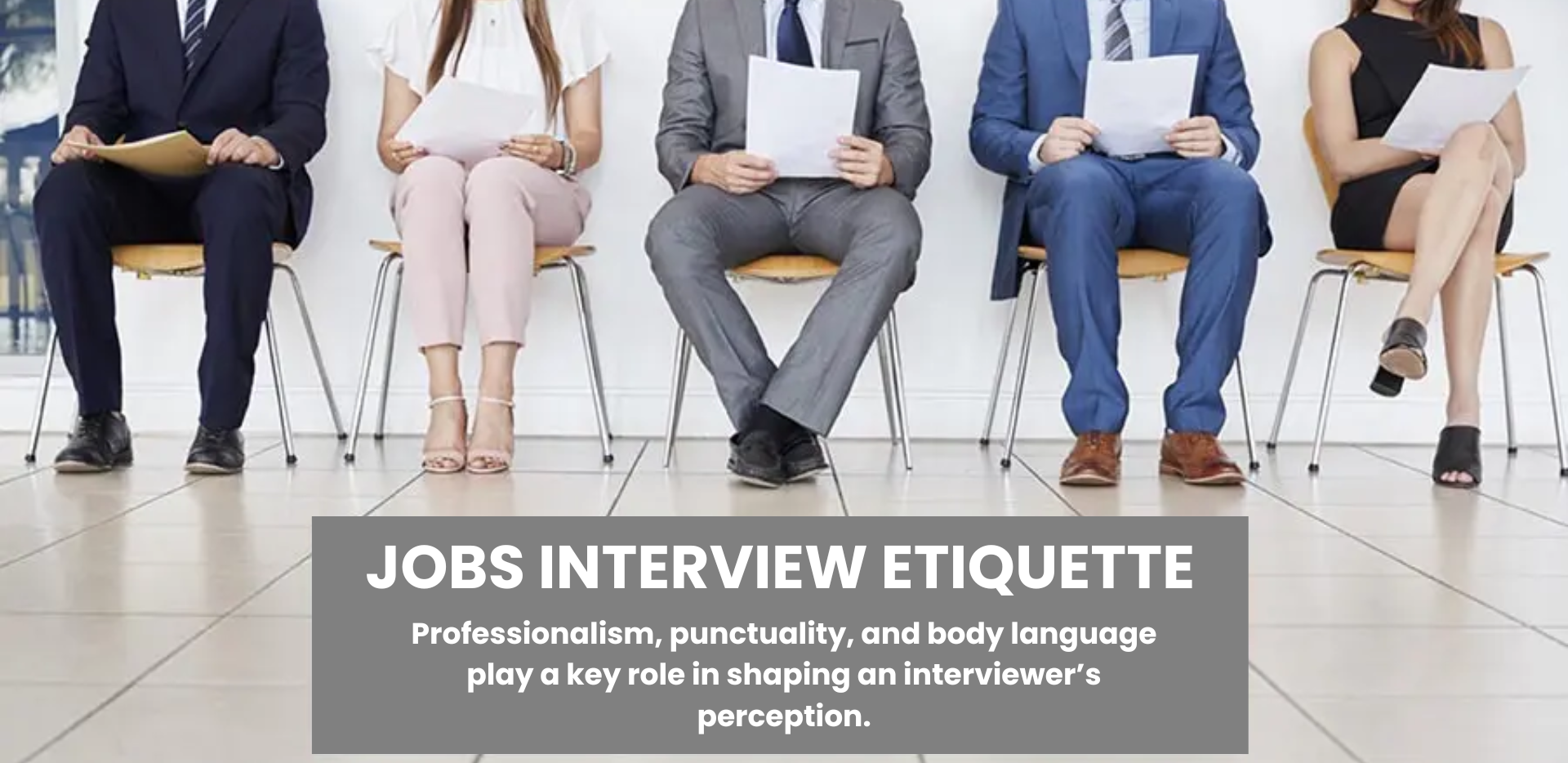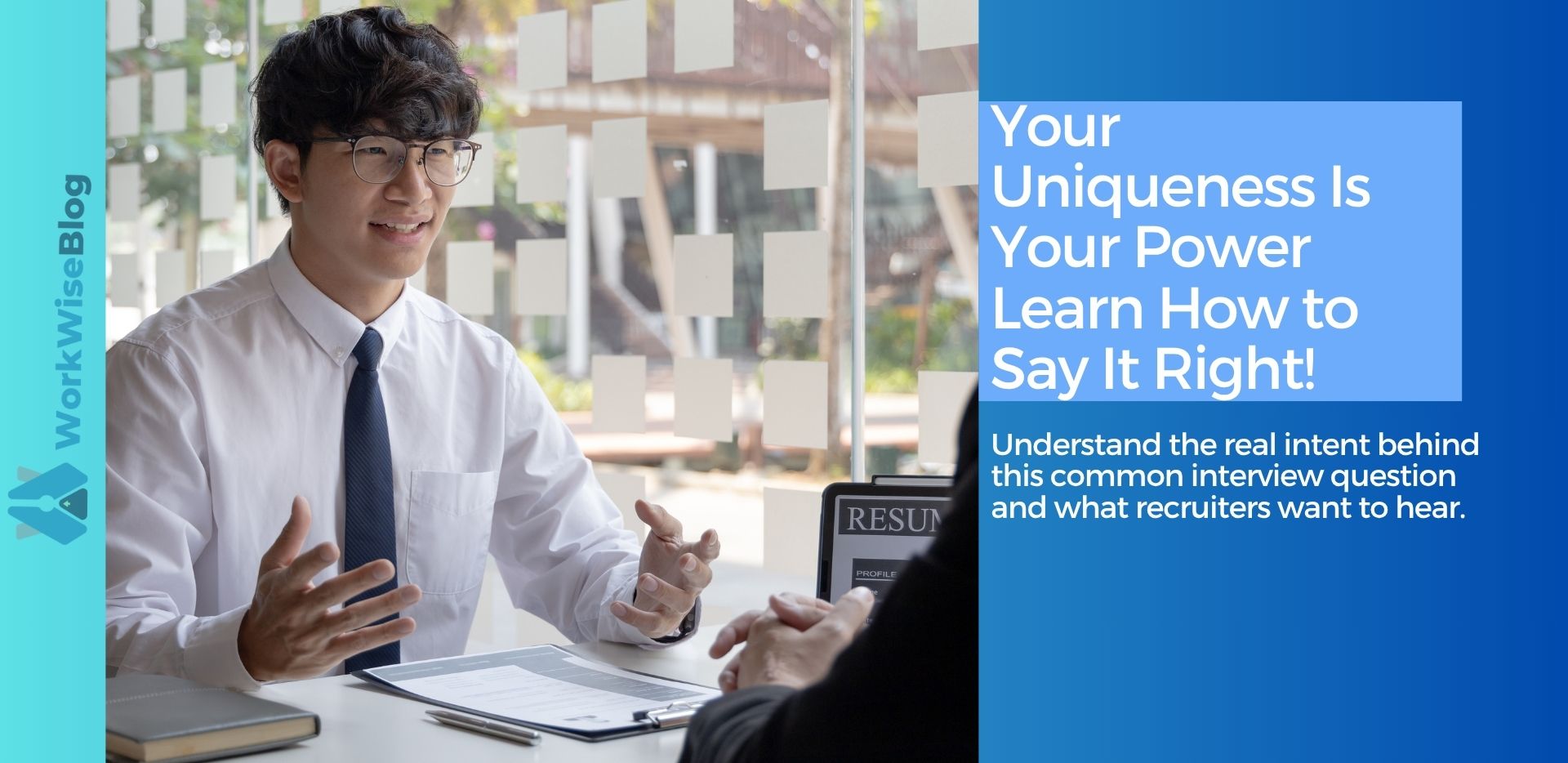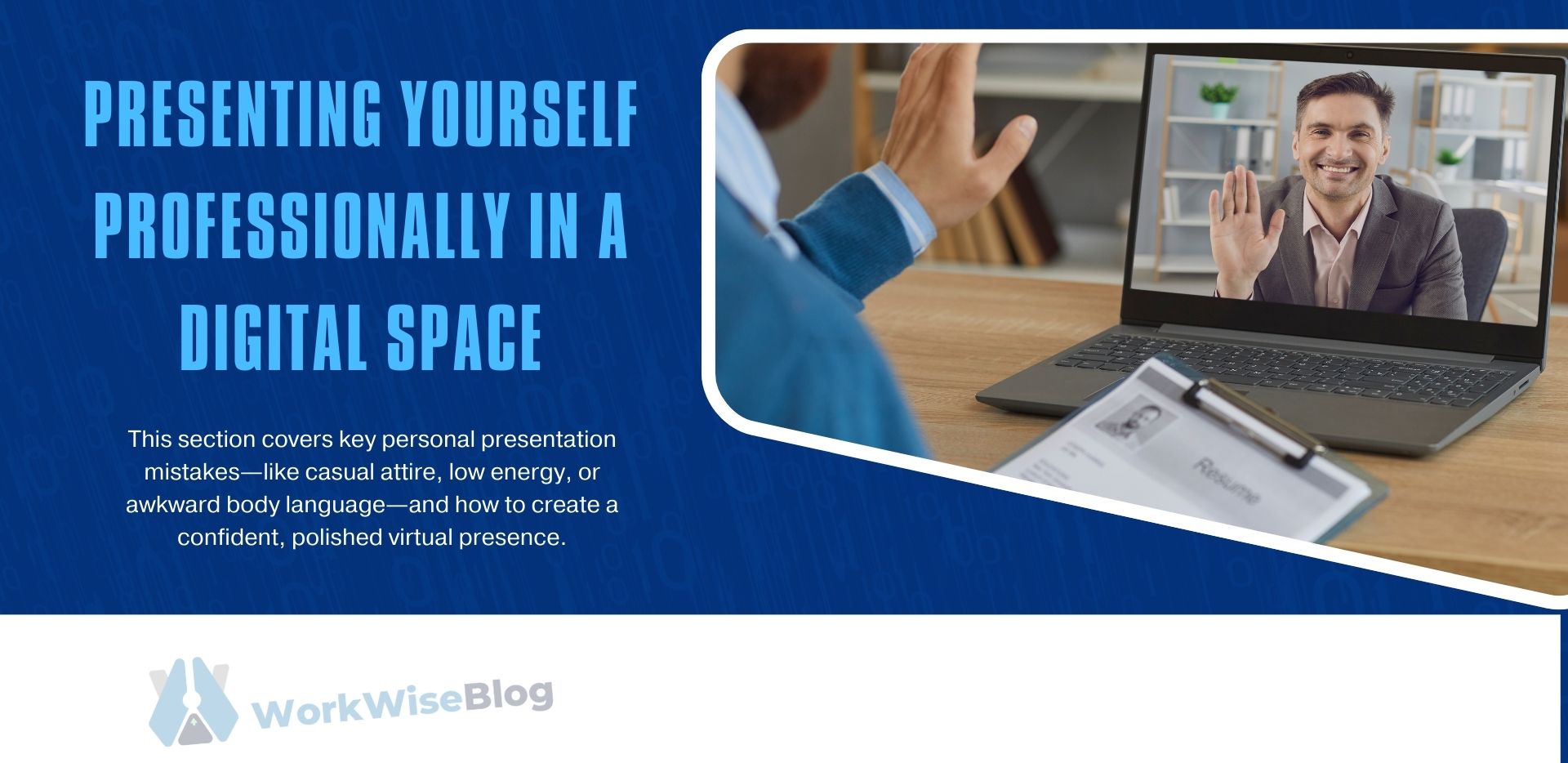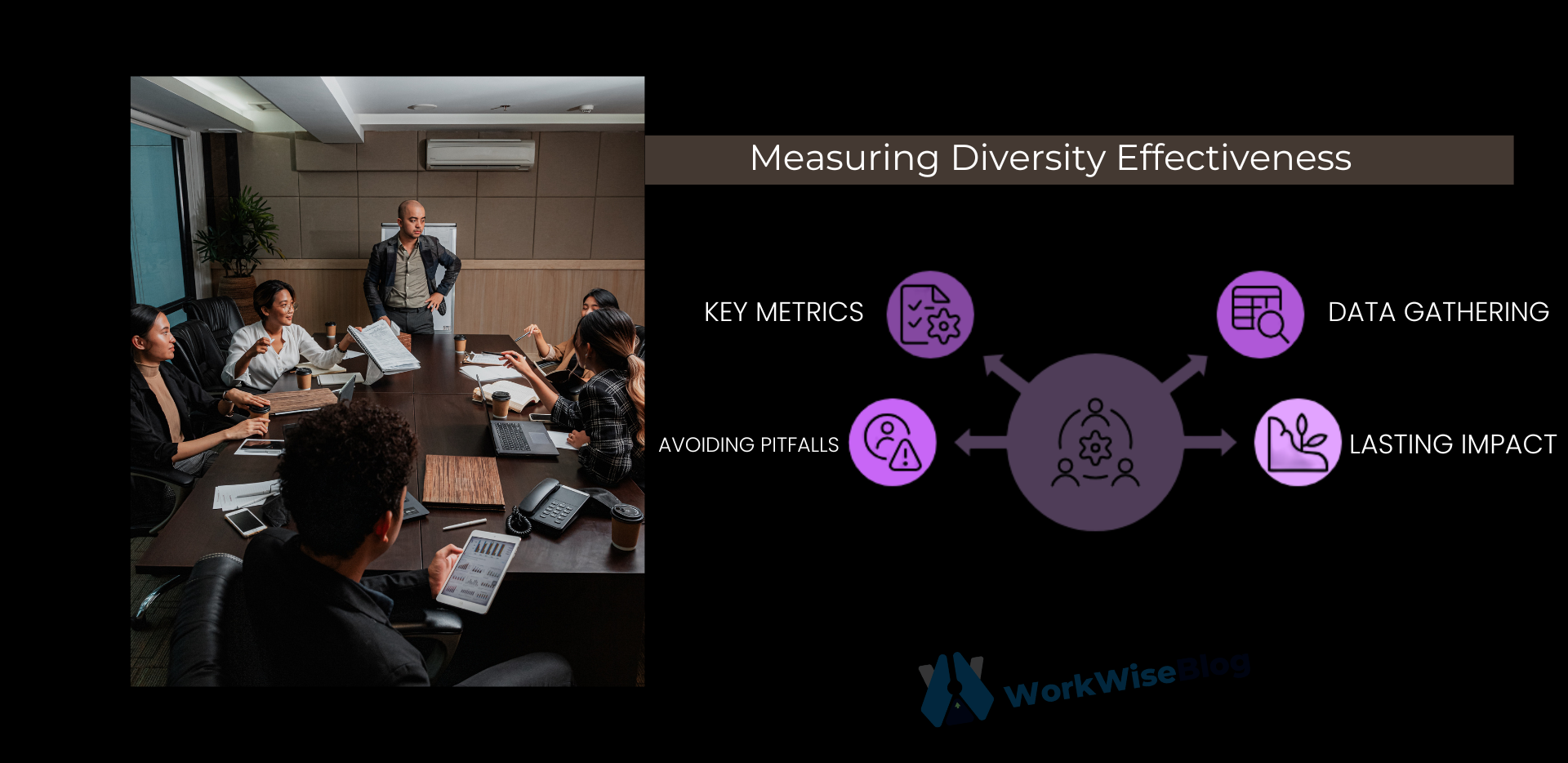
Why Panel Interviews Are Unique
Panel interviews typically comprise two or more interviewers participating in the interview process from two different departments or different levels of seniority. It can sometimes be daunting but allows an excellent opportunity to engage with varied viewpoints and present a scenario to be able to cope with a team.

Benefits of Panel Interviews:
- Gain insights into team dynamics and company culture.
- Showcase versatility by answering questions from diverse stakeholders.
- Build rapport with multiple decision-makers at once.

1. Research the Panel in Advance
Why It Matters
How To Do It
- Ask for List of Interviewers: Politely ask for names and roles of panelists once you are invited for an interview.
Check out LinkedIn Profiles:
Learn about professional backgrounds, their current roles, and any interests that you have in common.Understand Their Positions:
Think of how each panelist’s position impacts their considerations. For example, HR could care about culture fit, and a team lead may care most about skills.

Pro Tip:
Write down major information about the panelist’s to refer back to during your interview.
2. Prepare to Answer Many Different Questions
Why It Matters
Panellists usually have distinct aspects of your qualifications that matter most to them, so be prepared to cover many different worries.
How to Do It
- Prepare for Questions Based on Roles:
Practice telling the interviewer your skills and how they relate to the job. - Prepare Behavioral Questions:
Use the STAR method; that is to say, Situations, Task, Action, and Result-to present clear, well-structured answers. - Handle Follow-Ups During Practice:
Panelists often build on each other’s questions so be prepared to dig deeper into your responses. - Example Question:
Tell me about a time when you had to work with multiple teams to accomplish something. - STAR Response:
Share a clear example, focusing on how you handled communication and coordination.
3. Engage Every Panelist
Why It Matters
Making a connection with each interviewer demonstrates your ability to collaborate across teams.
How to Do It
- Make Eye Contact with Everyone:
Address your answers to the entire panel, not just the person who asked the question - Acknowledge Their Input:
Thank panelists for their questions and reference their specific points when appropriate - Use Inclusive Language:
Frame your responses to appeal to both individual and team concerns (e.g., “This solution benefits the entire department”).
Pro Tip
If a panelist seems disengaged, try addressing them directly with a follow-up comment or question.
4. Manage the Pressure
Why It Matters
Staying calm under pressure shows you’re composed and confident—a quality every employer values.
How to Do It
- Practice Mock Interviews:
Simulate a panel interview with friends or mentors to get comfortable with the format.
Take a moment to collect your thoughts before responding, especially to complex questions - Control Your Body Language:
Sit up straight, smile naturally, and avoid fidgeting to convey confidence.
Pro Tip
Focus on the conversation, not the number of people in the room. Treat the panel as a collaborative discussion
5. Handle Conflicting Questions
Why It Matters
Panelists may have different priorities or even pose contradictory questions. Your ability to navigate these moments shows flexibility and diplomacy.
How to Do It
- Acknowledge Both Viewpoints:
Start by validating each panelist’s perspective before sharing your balanced answer - Bridge the Gap:
Use phrases like “That’s a great question” or “I see how these points connect” to unify conflicting queries - Stay Consistent:
Avoid giving contradictory answers—stick to your core message and adapt it to each question - Example
- Question 1: “How do you ensure efficiency in your work?”
- Question 2: “What’s your approach to fostering creativity?”
- Response: “Efficiency and creativity go hand in hand. For example, I streamline repetitive tasks to create more time for brainstorming innovative solutions.”
6. Close with Confidence
Why It’s Important
Your final impression is just as important as your first. A strong closing shows professionalism and enthusiasm.
How to Do It
- Ask Thoughtful Questions:
Prepare 2–3 questions that reflect your interest in the role and company, such as:- “What qualities do you value most in this position?”
- “How does this team collaborate on large projects?”
- Thank the Panelists:
Express gratitude for their time and insights. - Reiterate Your Interest:
Summarize why you’re excited about the opportunity and how you can contribute to their goals.
Pro Tip
Send personalized thank-you emails to each panelist within 24 hours, referencing specific points from the discussion.
Using AI to Prepare for Panel Interviews
AI tools can guide you while practicing and fine-tuning your interviewing skills:
Mock Interview Platforms
Platforms like Interviewing.io utilize AI for simulating real interviews and provide a self-report on your response.
Speech Analysis Apps
Apps like Orai or Yoodli analyze your tone, pacing, and clarity to help you improve delivery.
Role Research
AI tools can provide insights into company culture, panelist roles, and industry trends for better preparation
Pro Tip
Use these tools to supplement, not replace, traditional preparation methods.
Common Mistakes to Avoid
Ignoring Panelists
Focusing too much on one person can alienate others
Overloading Answers
Keep responses concise and focused—avoid rambling.
Failing to Prepare Questions
A lack of thoughtful questions can make you seem disinterested.
Final Thoughts
Panel interviews can be intimidating, but with proper preparation and a calm mind, it’s a time to really shine. So prepare ahead of time by researching the panel, engaging each interviewer, and practicing your responses. Then you’ll feel confident and poised as you face your next panel interview.
Ready to ace your panel interview? Start with these strategies today and make a lasting impression on every decision-maker in the room.


